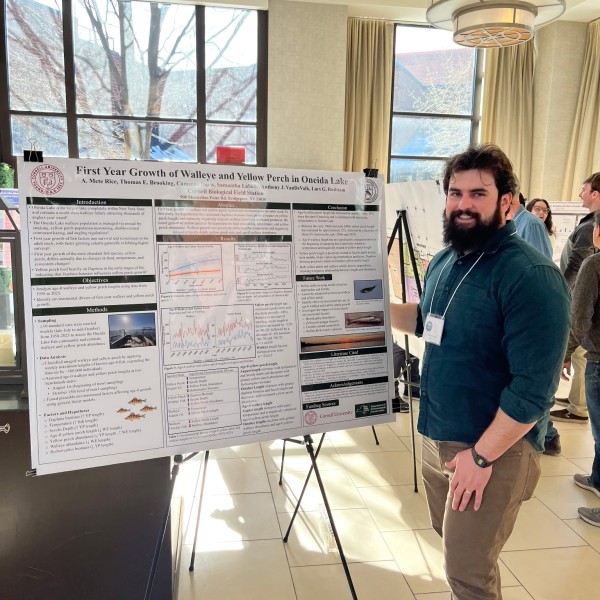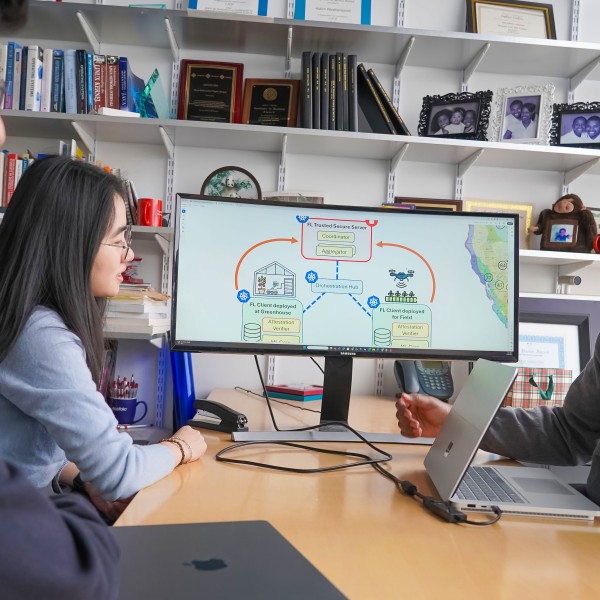Academic focus:
Postharvest technologies for food and agricultural products.
Research summary:
My research program focuses on fundamental and applied aspects of postharvest technologies to improve food quality, safety and sustainability of specialty crops and other agricultural/horticultural products; mathematical modeling of food processes; and valorization of their byproducts/side products for value-added applications. We are also interested in developing nondestructive sensing techniques for food quality and safety using optical/spectral approaches.
What do you like to do when you’re not working?
I like hiking in the mountains and forests, along the coasts and lakes. I play basketball, table tennis and pickle ball, and occasionally play piano and harmonica for fun.
What are your current outreach/extension projects?
I am working on two projects: The first one relates to developing novel postharvest sensing techniques for grape defects in New York before juicing, and developing quality control strategies accordingly; the second one relates to efficient postharvest processing technologies for industrial hemp in New York to improve product quality and safety.
What are three adjectives people might use to describe you?
Diligent, humorous, cheerful.
What (specifically) brought you to Cornell CALS?
There are a few things about Cornell CALS that attracted me the most: 1) Support for individual faculty members from the college; 2) Great leadership at the department and college levels; 3) Inter-departmental collaborations are easy and encouraged; 4) Cornell CALS, particularly my department, Food Science, has the best facilities in the nation and even around the world.
What do you think is important for people to understand about your field?
Food science impacts in our daily lives. Although many people are not aware, numerous efforts in food science research — from harvest, processing, storage, all the way up onto the market shelf — are behind the scenes. These efforts help food producers to fulfill the regulations, and ensure the safety and quality of foods supplied to our table every day. I hope that next generations can also be inspired that food science is cool!
What’s the most surprising/interesting thing you’ve discovered about Cornell and/or Ithaca so far?
The fact that Cornell is a private Ivy League university, yet it has public colleges like CALS. This is also the first time that I know of the Finger Lake region and appreciate the beauty of it.
If you had unlimited grant funding, what major problem in your field would you want to solve?
If I have unlimited grant funding, I am interested in integrating digital technologies, such as AI, modeling, etc., into my research, to de-compose and re-construct the foods digitally, to mimic its natural traits and its behavior subjected to different environments. With such “virtualized food,” we can more efficiently study the influence of different processing technologies on food quality and safety; evaluate the risks of abnormalities in food handling, transportation and storage to human health; and assist the development of novel food products with superior nutritional value and functionality. The expected research outcomes would reduce food waste, enhance of food quality and safety, and promote sustainability.





